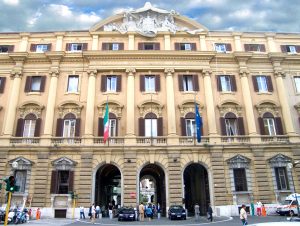The inGOV team joins forces with the Interlink project to co-organize a workshop on “Long-term Sustainability of Co-Creation and Co-production”. It will take place in Ghent (Belgium) on May 23-24 2022, bringing together expertise in the co-creation and co-production of public services from 18 countries across three continents. Next to the presentation and discussion of research papers, the workshop will include a plenary debate on the challenge of making co-creation and co-production initiatives sustainable over time.
The workshop addresses the question of whether and how co-creation can be scaled up and sustained over time to create long-term collaboration between professionalized service providers in public agencies and citizens. Active and voluntary involvement of citizens in the delivery of public services has been a practice for many years. Yet, the challenge of sustainability of co-creation and co-production seems all the more pertinent in the context of the ongoing COVID-19 crisis. During the Covid-19 crisis, worldwide new co-creation and co-production practices have emerged.
The crisis provided an opportunity to break through procedural restrictions leaving room for both government and citizen-initiated co-production projects to materialize. Moreover, COVID-19 displays the dependence of the government on citizens not only in complying with new directives that penetrate their social and economic life but also in co-creating and co-producing social and health care. The question arises, however, what will be necessary to support the continuation of these co-creation and co-production initiatives beyond the immediate crisis once the sense of urgency will disappear. Very few studies examine co-production from a long-term perspective. Learning more about conditions for sustainability of co-creation and co-production not only addresses a gap in our theoretical and empirical knowledge but may also provide insights for the government on how to support the continuation of co-creation and co-production initiatives. In the next step, this knowledge can contribute to co-creation and co-production initiatives having a stronger impact and a multiplier effect.





